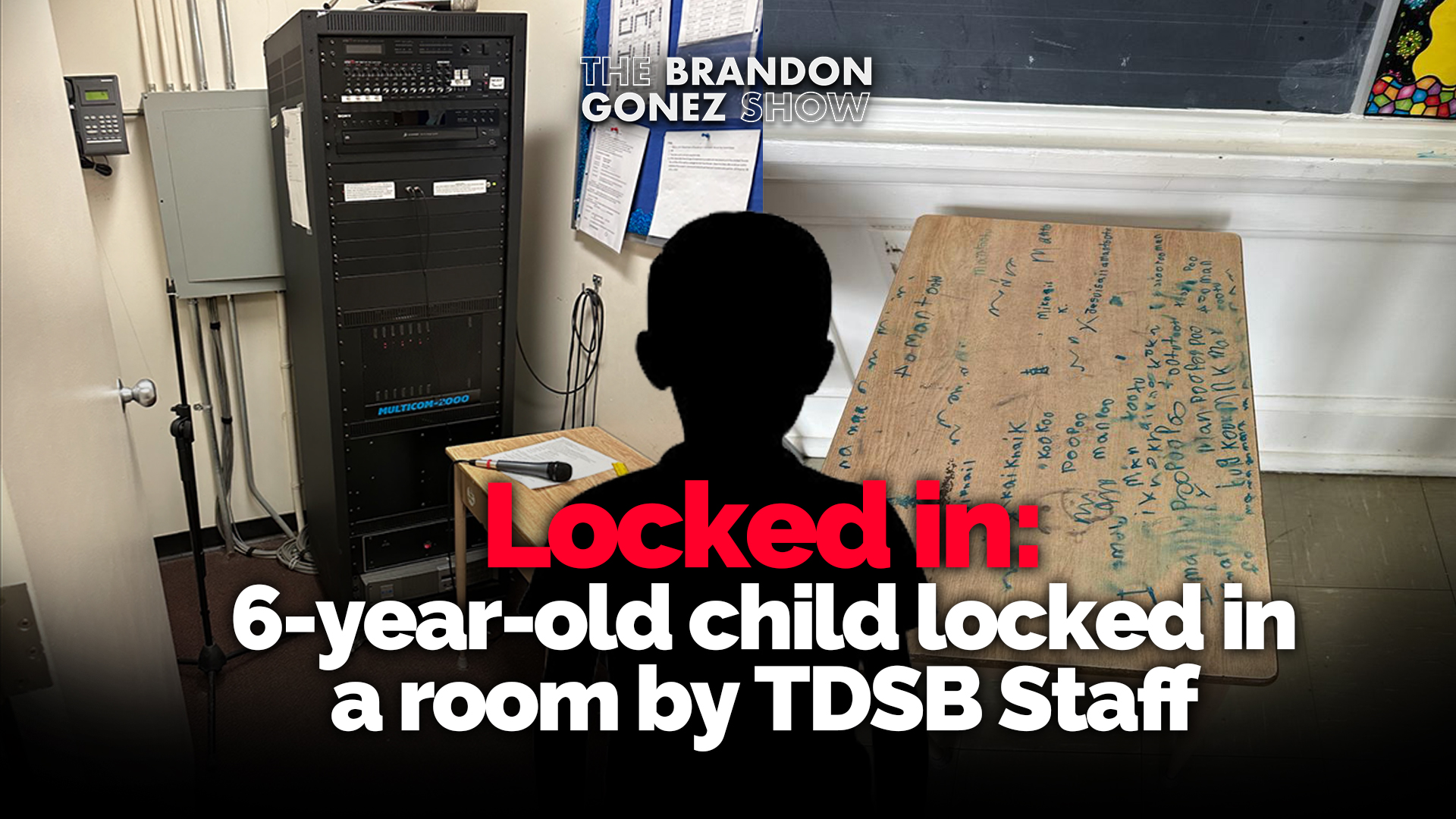TORONTO — One Toronto advocate is making waves with her programs designed to benefit Black people with intellectual disabilities and Autism Spectrum Disorder (ASD). Marty Lampkin is a registered social worker, and while working with racialized families, she noticed that there was a lack of understanding of Caribbean and African cultures within Ontario’s autism and intellectual disability supports. She says she noticed that in addition to ableism, many of them also faced racism while trying to access care.
“I noticed there was a lack of culturally appropriate Afrocentric care,” she told The Brandon Gonez Show.
Lampkin explained that a lack of representation in medical settings and social services creates additional barriers for many people of colour. Early in her career as a social worker, she noticed that it was not uncommon for her to be the only Black member of her team. She shared that a lack of representation in staff leads to a lack of understanding of different cultures, which impacts the level of care patients receive.
She became concerned about families experiencing anti-Black racism while accessing care, as well as the way that Black youth on the autism spectrum or with intellectual disabilities are perceived by officials like doctors.
“Our children are not seen as children. Our children are criminalized. They’re seen as a problem, a problem to be removed,” Lampkin said.
She explained another problem, which is that clinicians often don’t have an understanding of the stigma around ASD and intellectual disabilities that is present within many Caribbean and African communities. This poses additional challenges, something that Lampkin works to overcome with her advocacy.
“[We] need to hold spaces for our communities to talk about the stigma, and the shame, and where those beliefs come from,” Lampkin said, adding that overcoming the stigma is crucial, as receiving a diagnosis is important.
“In Canada the way the system is set up, really if you don’t have that diagnosis you’re not getting that funding or extra support.”
“The sector is set up to help people on the spectrum with all of these great resources, however, these resources are rooted in white supremacy and Eurocentrism.”
Considering Different Family Structures
Lampkin explained that systems in Ontario often don’t consider different cultural norms, which leads to inadequate care and support. One of those overlooked elements: varying family structures.
“In Afro-Caribbean families, the family includes aunties, this also includes those that are not directly blood, uncles, grandparents, and neighbours… Because it takes a village to raise a child.”
This means that there are more people available to be involved in the support of the individual diagnosed with an intellectual disability or ASD, and Lampkin says that she wants more programs to involve extended family.
She also shared a message for parents, family members, and caregivers of those with intellectual disabilities.
“Your experiences are valid and important. Too often the needs of parents and caregivers are pushed to the back burner in terms of the mental, physical, emotional, and spiritual labour they do, the challenges they experience, and how caring for someone on the spectrum can also impact their mental health and wellness,” Lampkin said, adding that many services are focused towards caring for the client only, which is rooted in Eurocentric values.
“Caring for the child also means caring for the community that fosters the child’s wellbeing. So one thing I hope parents/caregivers with children on the Autism Spectrum know is the importance to care for themselves as well throughout their journey of caring for their children.”
Lampkin Feels Ontario Should do More
Lampkin shared that she feels the province needs to adjust the programs available to people with intellectual disabilities.
“I believe the province could improve supports for Black people on the autism spectrum by investing and increasing direct funds for services and supports for Black individuals, families and caregivers,” Lampkin shared.
“In the City of Toronto, Black families are continuously forced into poverty which impacts their ability to afford expensive clinical and specialized services they may need. Additionally, there is a lack of culturally appropriate services delivered for Black families,” Lampkin explained, adding that it is too common that Black families do not see themselves reflected when seeking services.
Lampkin shared that an additional barrier is a lack of information.
“Information on services and resources are often not accessible or provided to Black families. How can you access a service if you don’t know what is out there?”
“Racism Affects Me Too”
Lampkin’s program, “Racism Affects Me Too,” is made up of weekly lessons, activities, and discussions and was designed to meet the needs of Black individuals living with disabilities. Running six weeks, the program focuses on how Anti-Black racism impacts Black individuals living with intellectual disabilities or ASD.
”My goal is to help participants understand what Anti-black racism is while also building up a sense of cultural identity, community and belonging,” Lampkin said.
“One thing I remind clients I work with, especially those of the African-Caribbean diaspora, is that Black bondage was never our destiny. This means, we are more than lies of the colonizer and I support clients in exploring how they have internalized Anti-blackness in their bodies, their relationships, and thinking but also can begin their journey to reject this lie and reaffirm who they are outside of those confines.”
Let’s leave some love for Marty Lampkin in the comments.









One Response